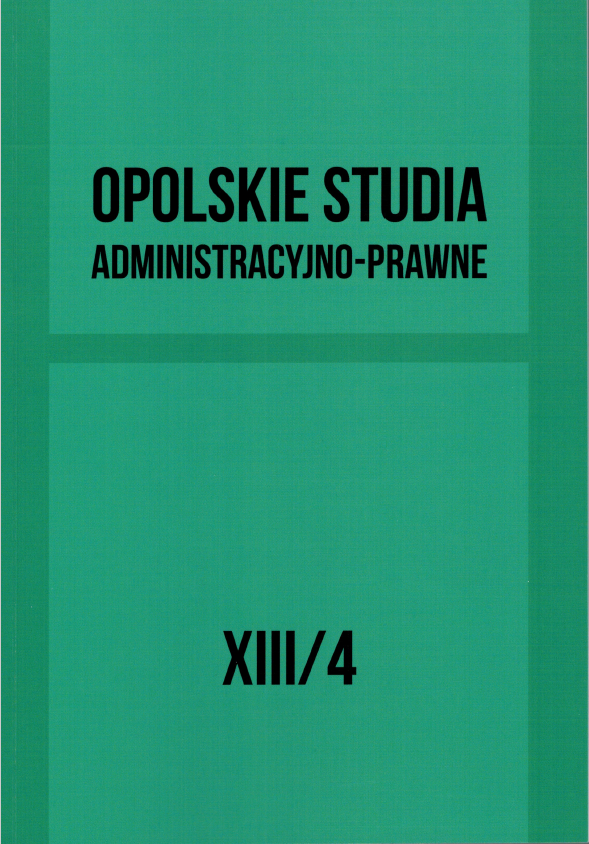Szczególne obowiązki nauczyciela religii w świetle wyroku Europejskiego Trybunału Praw Człowieka Fernández Martinez v. Hiszpania
Particular duties of a teacher of religion in the light of the judgment of the European Court of Human Rights in the case Fernández Martinez v. Spain
Author(s): Michał CzelnySubject(s): Education, Religion and science , Canon Law / Church Law
Published by: Uniwersytet Opolski
Keywords: ecclesiastical law; the autonomy and independence of religious communities; religious education teacher
Summary/Abstract: The case analyzed by the Grand Chamber of the European Court of Human Rights on 12th of June, 2014 pertains to a Catholic priest, a teacher of religion. Due to his shocking, and even “outrageous” behavior (civil marriage, from which five children were born; the publication of an article on the “Movement for Optional Celibacy” for priests; statements regarding Catholic celibacy and democracy; views regarding the issue of abortion and family planning inconsistent with the doctrine of the Catholic Church), the diocesan bishop, on the basis of papal rescript, deprived him of the right to teach the Catholic religion in a public school. Judgment of the Court, by a narrow majority (9: 8), found the bishop’s interference justified. To support its claim, the Grand Chamber pointed to the autonomy of religious communities in nomination or removal of teachers of religion in accordance with specific qualifications, arising from their internal law and due to its internal needs. Therefore, religious education teachers have a special duty to increased loyalty to the religious association that employs them. The Judgment of the European Court of Human Rights Fernández Martínez v. Spain is applied under provisions of Polish law. The appointment and removal of teachers of religion involves the obligatory possession of their canonical mission (missio canonica). The canonical mission is a written referral, issued by a competent, appropriate authority of the religious association (in the case of the Catholic Church it is the appropriate diocesan bishop; in the case of other religious associations, it is the competent authority of those religious associations) to assume the responsibilities of a teacher of religion in a particular school (kindergarten) (see. § 5. 1 of the Regulation of the Minister of National Education of 14 April 1992 – on conditions and ways of organizing the religious education in public kindergartens and schools). Hence, the canonical mission on the one hand, it is a mandate of trust for religious teacher (catechist) and on the other hand, it is a guarantee of fidelity to the doctrine of the catechist religious association
Journal: Opolskie Studia Administracyjno-Prawne
- Issue Year: XIII/2015
- Issue No: 4
- Page Range: 45-56
- Page Count: 12
- Language: Polish

